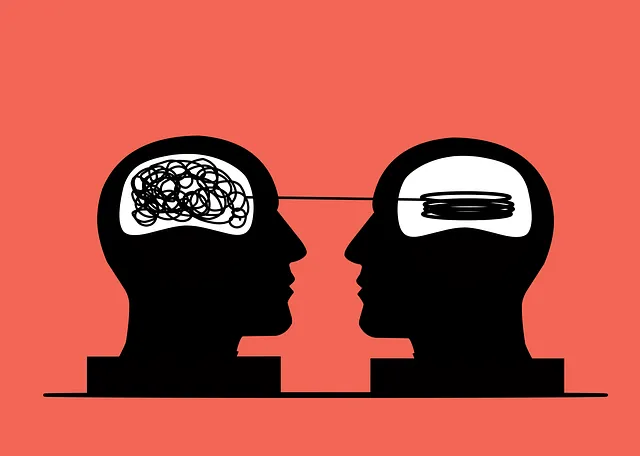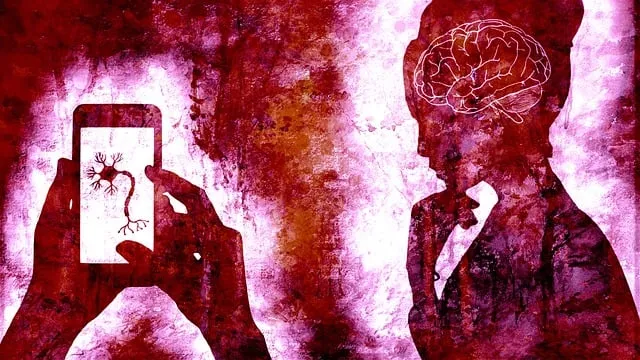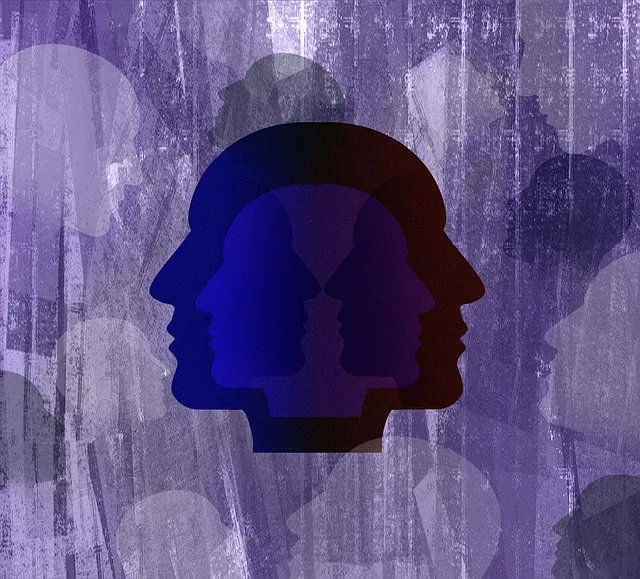Lone Tree's Kaiser Permanente focuses on improving mental health diagnosis accuracy through innovative strategies, including self-awareness exercises, bias awareness training, and evidence-based interventions. They aim to refine care plans, reduce misdiagnosis influenced by cultural contexts, and empower patients with improved self-esteem. By integrating advanced tools, fostering emotional intelligence, and promoting a supportive environment, Kaiser's inpatient mental health services strive to enhance patient outcomes and navigate the challenges of resource allocation and fluctuating demands.
Mental illness diagnosis accuracy is a critical aspect of patient care, yet challenges persist in ensuring precise identification. This article explores efforts to enhance diagnosis accuracy at Kaiser’s Lone Tree facility, delving into the current state of inpatient mental health services, identifying barriers like complex presentations and cultural factors, and highlighting innovative diagnostic tools. We discuss strategies for continuous improvement, emphasizing the importance of training, multidisciplinary teams, and patient-centered approaches in meeting this imperative.
- Understanding the Imperative for Diagnosis Accuracy in Mental Health
- The Current State of Inpatient Mental Health Services at Kaiser (Lone Tree)
- Challenges Impeding Accurate Mental Illness Diagnosis
- Innovative Approaches to Enhance Diagnostic Accuracy
- Strategies for Continuous Improvement and Future Prospects
Understanding the Imperative for Diagnosis Accuracy in Mental Health

Mental health diagnosis accuracy is paramount for effective treatment and improved patient outcomes. Inaccurate diagnoses can lead to misaligned care plans, ineffective interventions, and even exacerbated symptoms. This is particularly concerning given the complexity of mental illness and the diverse presentations across individuals. At Kaiser in Lone Tree, efforts are underway to enhance diagnostic precision, recognizing its pivotal role in transforming lives.
One key approach involves fostering self-awareness exercises and compassion cultivation practices among healthcare providers. By promoting understanding of one’s own biases and emotional responses, these initiatives enable clinicians to navigate challenging cases more objectively. Additionally, focusing on self-esteem improvement through evidence-based interventions empowers individuals to actively participate in their care, further refining diagnostic accuracy. These comprehensive strategies not only contribute to the success of inpatient mental health programs but also reflect a commitment to holistic patient well-being at Kaiser Lone Tree.
The Current State of Inpatient Mental Health Services at Kaiser (Lone Tree)

Kaiser’s inpatient mental health services at Lone Tree face challenges common to many healthcare providers, with a significant focus on balancing bed availability and patient needs. The facility strives to offer comprehensive care, integrating various therapeutic approaches such as Mindfulness Meditation, Social Skills Training, and Coping Skills Development to cater to diverse patient profiles. However, the current system often requires careful navigation due to fluctuating demand and resource allocation.
Efforts are underway to enhance diagnosis accuracy by implementing advanced assessment tools and training staff in innovative treatment modalities. These improvements aim to not only boost inpatient care but also facilitate smoother transitions to outpatient services, ensuring patients receive continuous support even after discharge.
Challenges Impeding Accurate Mental Illness Diagnosis

Mental illness diagnosis accuracy has been a topic of growing concern due to several challenges impeding progress. One significant hurdle is the complexity and overlap of symptoms across various disorders, making it difficult for healthcare professionals to differentiate between conditions. For instance, Lone Tree’s Kaiser Permanente offers inpatient mental health services, but even with such resources, diagnosing nuanced cases accurately can be daunting. Additionally, cultural biases and stigma surrounding mental health issues often lead to misdiagnosis or delayed treatment, as individuals may underreport or interpret symptoms differently across diverse cultural contexts.
Risk Management Planning for Mental Health Professionals plays a crucial role in addressing these challenges. By implementing evidence-based practices and coping skills development programs, healthcare providers can enhance their diagnostic accuracy. Encouraging self-care practices among mental health professionals is also essential to maintain focus, reduce burnout, and improve overall clinical judgment. Incorporating these strategies, such as those offered at Lone Tree’s Kaiser, can lead to more precise diagnoses and better patient outcomes in the management of mental illness.
Innovative Approaches to Enhance Diagnostic Accuracy

In the quest for enhanced mental illness diagnosis accuracy, healthcare professionals are increasingly adopting innovative approaches. One such development is the integration of Emotional Intelligence into diagnostic processes. By training practitioners to recognize and interpret emotional cues more effectively, this approach aims to improve the precision of mental health assessments. Additionally, institutions like Kaiser Permanente’s inpatient mental health facilities in areas such as Lone Tree (if available) are utilizing advanced technologies and data analytics to streamline diagnosis. These tools enable a more holistic understanding of patients’ symptoms and personal histories, leading to more accurate and timely interventions.
Mental Illness Stigma Reduction Efforts also play a pivotal role in improving diagnostic accuracy. By fostering an environment where individuals feel comfortable seeking help without fear of judgment, healthcare systems encourage early intervention. This, in turn, improves patient outcomes by addressing anxiety relief and other mental health concerns promptly. Such efforts not only enhance the quality of care but also promote better public understanding and support for those dealing with mental illness.
Strategies for Continuous Improvement and Future Prospects

The quest for enhancing mental illness diagnosis accuracy is an ongoing journey, and several strategies are paving the way for continuous improvement. One key approach involves integrating advanced assessment tools and techniques, such as digital health technologies, to supplement traditional methods. For instance, Lone Tree does Kaiser have inpatient mental health services? Such inquiries drive innovation in accessible care options. Additionally, prioritizing research into diverse populations and cultural considerations ensures that diagnosis criteria are inclusive and effective across different communities.
Looking ahead, the future holds promising prospects for refinement. Mental illness stigma reduction efforts play a pivotal role in fostering open conversations and encouraging individuals to seek help without fear of judgment. Empathy building strategies, both within healthcare systems and society at large, can significantly impact early intervention and support. These collaborative initiatives have the potential to revolutionize mental health care, making it more inclusive, effective, and accessible for all.
In light of the above discussions, it’s clear that improving mental illness diagnosis accuracy is a multifaceted challenge. Lone Tree’s Kaiser offers valuable insights into the current state of inpatient mental health services, highlighting the need for innovative approaches and continuous improvement. By addressing challenges such as complexity in symptoms, healthcare provider biases, and limited resources, we can enhance diagnostic accuracy. Future prospects involve integrating advanced technologies, diversifying healthcare teams, and fostering ongoing training to better serve individuals grappling with mental health issues. Together, these efforts can revolutionize mental health care, ensuring more accurate diagnoses and improved patient outcomes.






